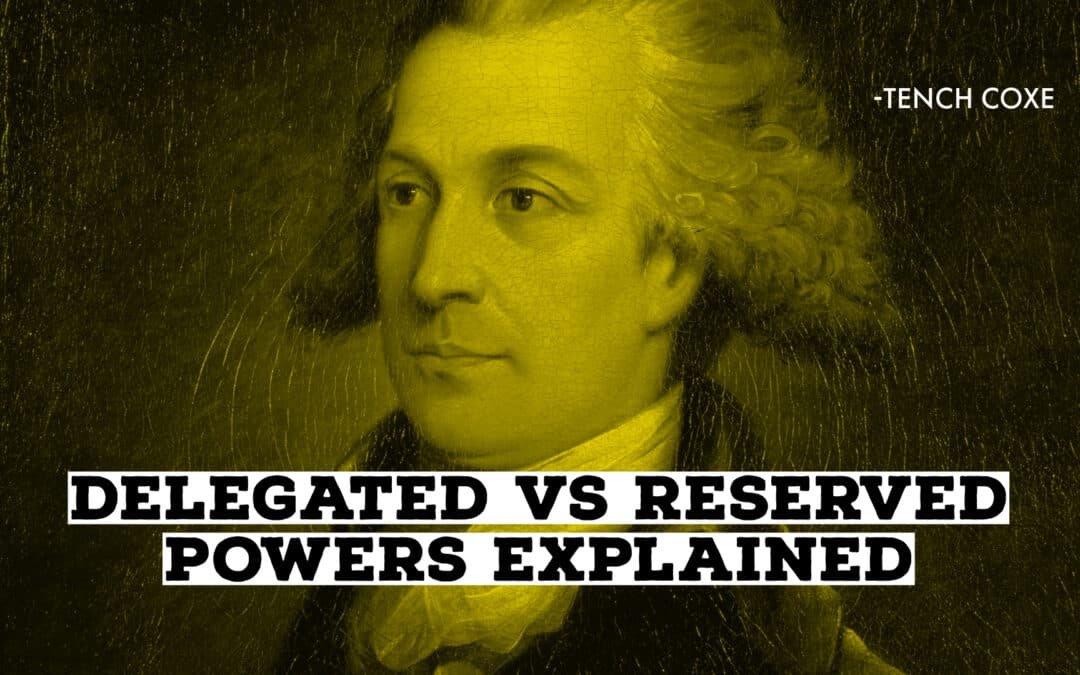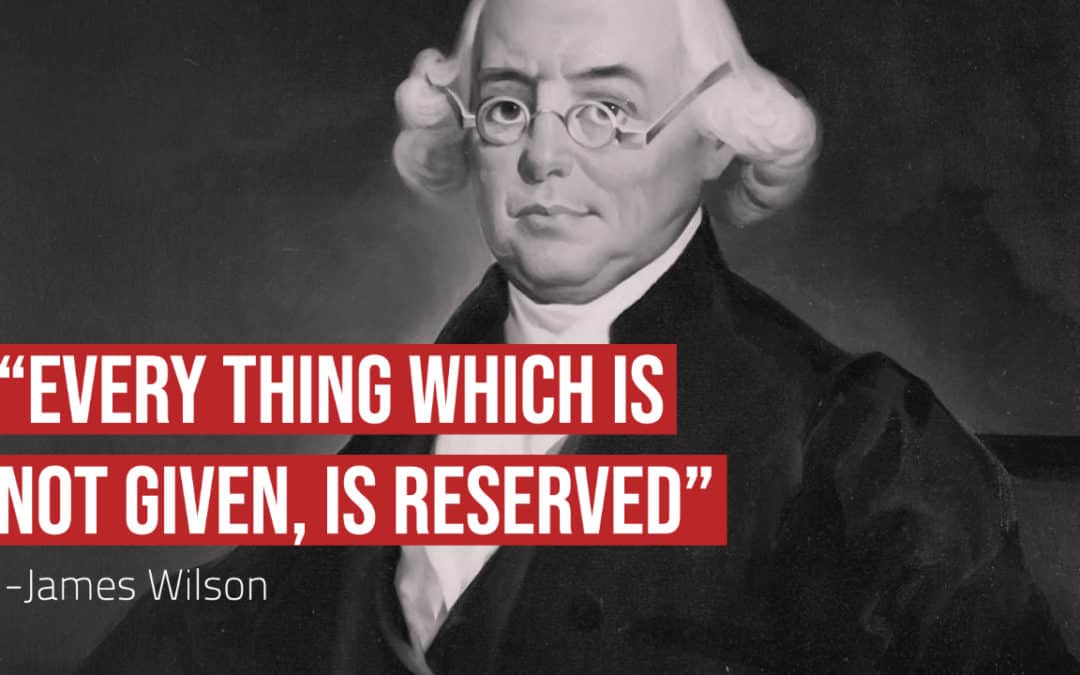
Ratification Debates


Consolidation: George Mason’s Core Anti-Federalist Warning
“A monarchy, or a corrupt tyrannical aristocracy.” That, George Mason warned, is what the Constitution would produce. His objections to ratification became the foundation for some of the most influential Anti-Federalist arguments. Born December 11, 1725, Mason was one...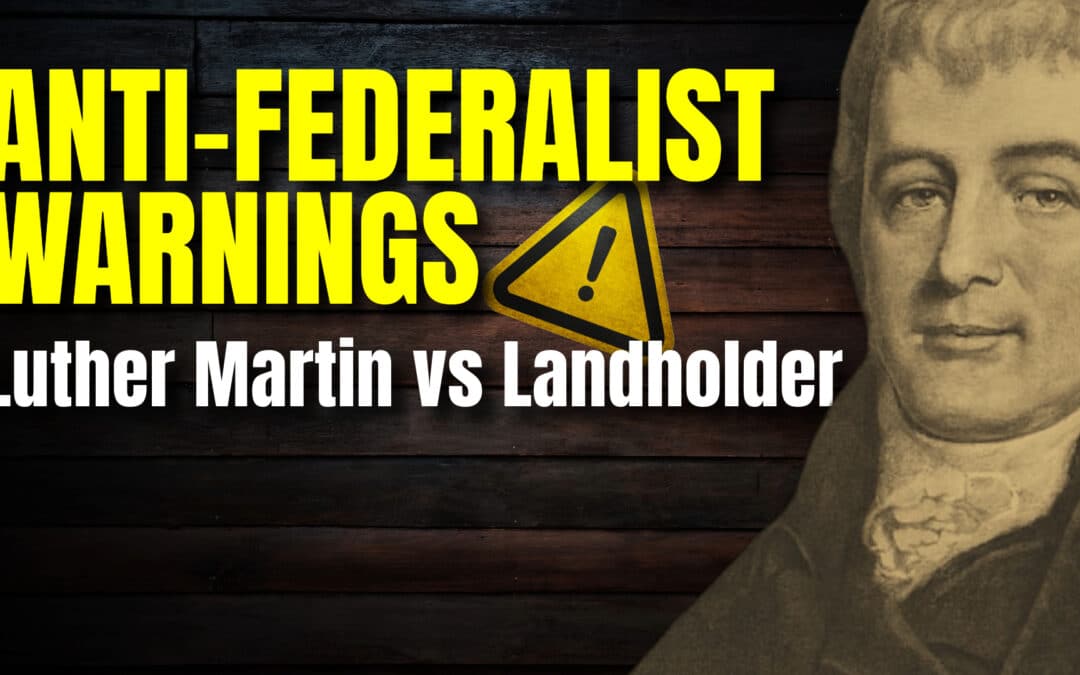
Luther Martin vs. Landholder: Anti-Federalist Warnings on Consolidation and Tyranny
In a heated war of words, Luther Martin responded to a series of essays penned by Oliver Ellsworth under the pseudonym Landholder, defending his colleague Elbridge Gerry against Federalist attacks and reinforcing key Anti-Federalist warnings about consolidation and...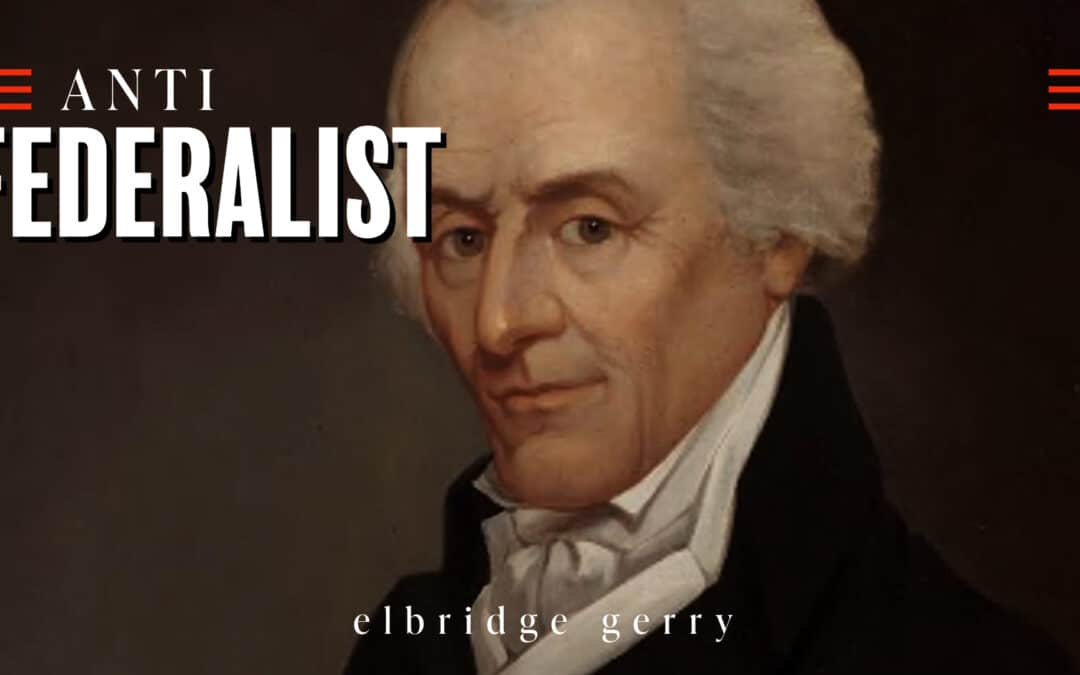
The Anti-Federalist Views of Elbridge Gerry
Elbridge Gerry opposed the ratification of the Constitution, believing it consolidated power, lacked safeguards for individual liberties, and undermined the reserved powers of the states. He maintained his objections throughout the ratification process, despite fierce...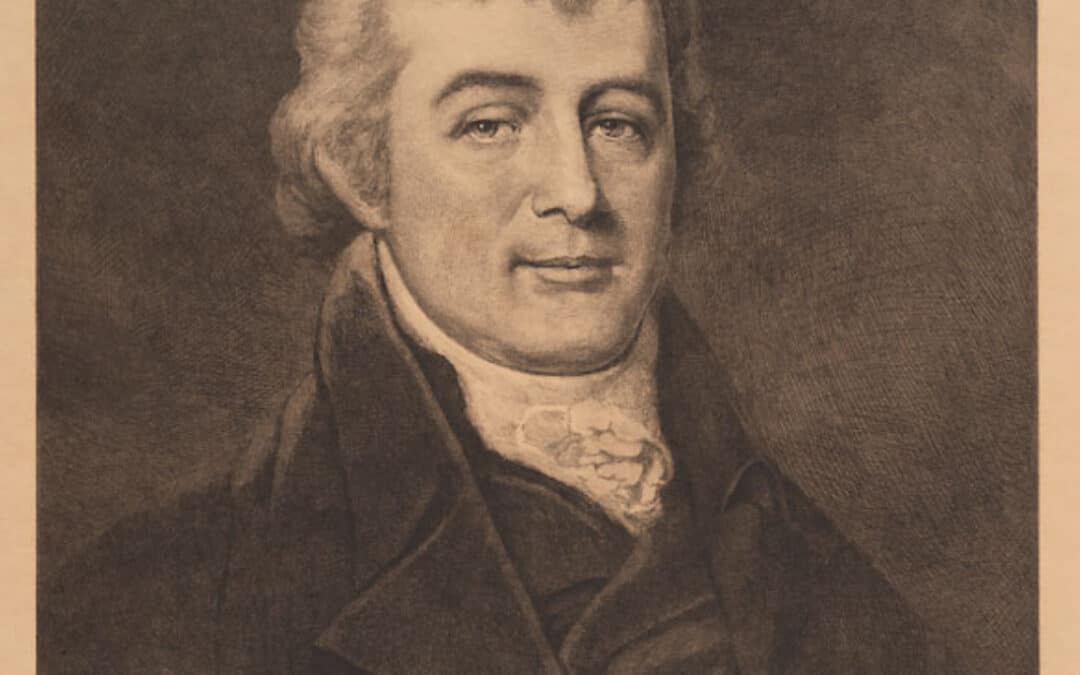
Luther Martin’s Warning: The Constitution as a Threat to State Sovereignty
Luther Martin, a prominent Anti-Federalist, warned that the proposed Constitution would destroy state sovereignty by concentrating power in a centralized national government. One of the few opponents of the constitution to attend as a delegate to the Philadelphia...